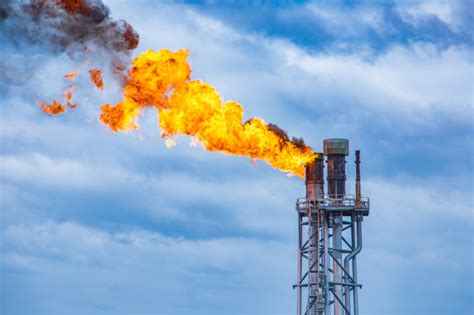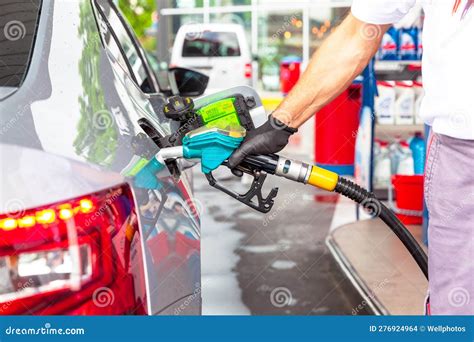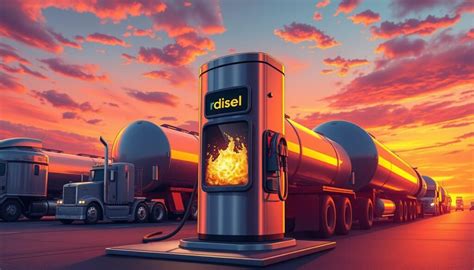The pump sign flashes two prices: regular and premium. For many daily drivers, this moment sparks a familiar internal debate. Is that extra 20-50 cents per gallon for premium fuel truly a wise investment, or just an unnecessary drain on the wallet?
Understanding Octane Ratings: What’s the Difference?
The primary difference between regular (typically 87 octane) and premium (91 or 93 octane) gasoline lies in their octane rating. Octane measures a fuel’s resistance to “knock” or “pre-ignition” – a phenomenon where the fuel ignites spontaneously before the spark plug fires. This uncontrolled combustion can lead to decreased engine efficiency and, in severe cases, engine damage.
Higher octane fuel is more stable and less prone to pre-ignition under high compression. This is crucial for certain engine designs, but not all.

Does Your Car Actually Need Premium Fuel? Check Your Owner’s Manual
The definitive answer to whether your car needs premium fuel is found in one place: your vehicle’s owner’s manual. Manufacturers design engines to run optimally on a specific octane level. If your manual specifies “regular unleaded” (87 octane), then that’s exactly what your engine requires. Using premium fuel in an engine designed for regular will offer no tangible benefit.
Some vehicles, particularly luxury cars, sports cars, or those with turbocharged/supercharged engines, are designed for “premium fuel only” or “premium recommended.” In these cases, the engine’s higher compression ratios or forced induction systems demand the extra knock resistance of higher octane to prevent engine damage and ensure optimal performance.

Debunking Myths: Common Misconceptions About Premium Fuel
Many drivers mistakenly believe that premium fuel offers a range of benefits it simply doesn’t. Let’s clear up some common myths:
- Better Fuel Economy: For cars not designed for it, premium fuel will not improve your miles per gallon. Modern engines have knock sensors that can adjust timing to compensate for lower octane, but they can’t magically make higher octane more efficient than designed.
- Cleaner Engine: All gasoline sold in the U.S. contains detergents designed to prevent engine deposits, regardless of octane level. Premium fuel does not inherently have more or better cleaning additives.
- Increased Horsepower: Unless your car’s engine is specifically tuned for premium fuel to achieve its advertised horsepower, using it in a regular-octane engine won’t give you a power boost.
- “It’s just better for the car”: For vehicles designed for regular, premium fuel is simply an unnecessary expense with no performance or longevity advantages.

When Premium Might Be Justified (Beyond Manufacturer Recommendation)
While the owner’s manual is paramount, there are very rare edge cases. If you consistently tow heavy loads, drive in extreme heat, or engage in competitive racing with a vehicle that recommends premium but also allows regular, the higher octane might offer a slight performance edge. However, for 99% of daily driving scenarios, if your car doesn’t require it, premium fuel is not necessary.

The Verdict for Daily Drivers: Stick to What Your Car Needs
For the vast majority of daily drivers, the answer is clear: premium fuel is not worth the extra cost. Your car’s engine is engineered to perform optimally on the octane level specified by the manufacturer. Deviating from this, especially by using premium when regular is recommended, is simply throwing money away.
Instead of opting for higher octane, focus on other factors that truly impact your car’s performance and longevity: regular maintenance, keeping tires properly inflated, and adopting sensible driving habits. These actions will provide far more tangible benefits to your wallet and your vehicle than an unnecessary fuel upgrade.





